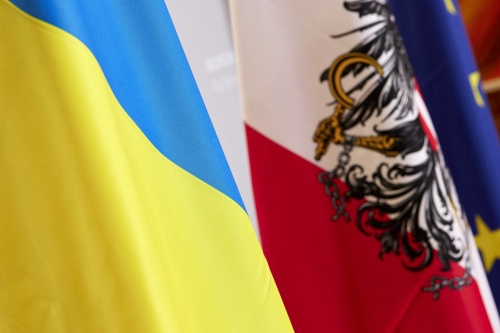Sponsored Content
Unrestricted Access to the Labor Market for Ukrainian Refugees in Austria Decided
Ukrainians who have fled the war should be able to participate in the Austrian labor market permanently and without restrictions. The Social Affairs Committee of the National Council today pushed the extension of the “Red-White-Red Card Plus” towards a final decision in plenary. The governing parties ÖVP and Greens, as well as the NEOS, voted in favor, while initiatives by the NEOS and FPÖ on immigration were postponed.
 The Social Affairs Committee of the National Council has decided to give Ukrainian refugees permanent and unrestricted access to the labor market in Austria by extending the Red-White-Red Card Plus. / Picture: © Thomas Topf / © Parlamentsdirektion
The Social Affairs Committee of the National Council has decided to give Ukrainian refugees permanent and unrestricted access to the labor market in Austria by extending the Red-White-Red Card Plus. / Picture: © Thomas Topf / © Parlamentsdirektion
Affected Ukrainians can receive the “Red-White-Red Card Plus” if they have been employed above the marginal employment threshold for at least twelve months in the last 24 months and can support themselves. According to the explanations, this currently applies to around 7,000 displaced persons. Self-employed persons insured under the GSVG should also be able to obtain this card. The…
or Log In
Fast News Search





